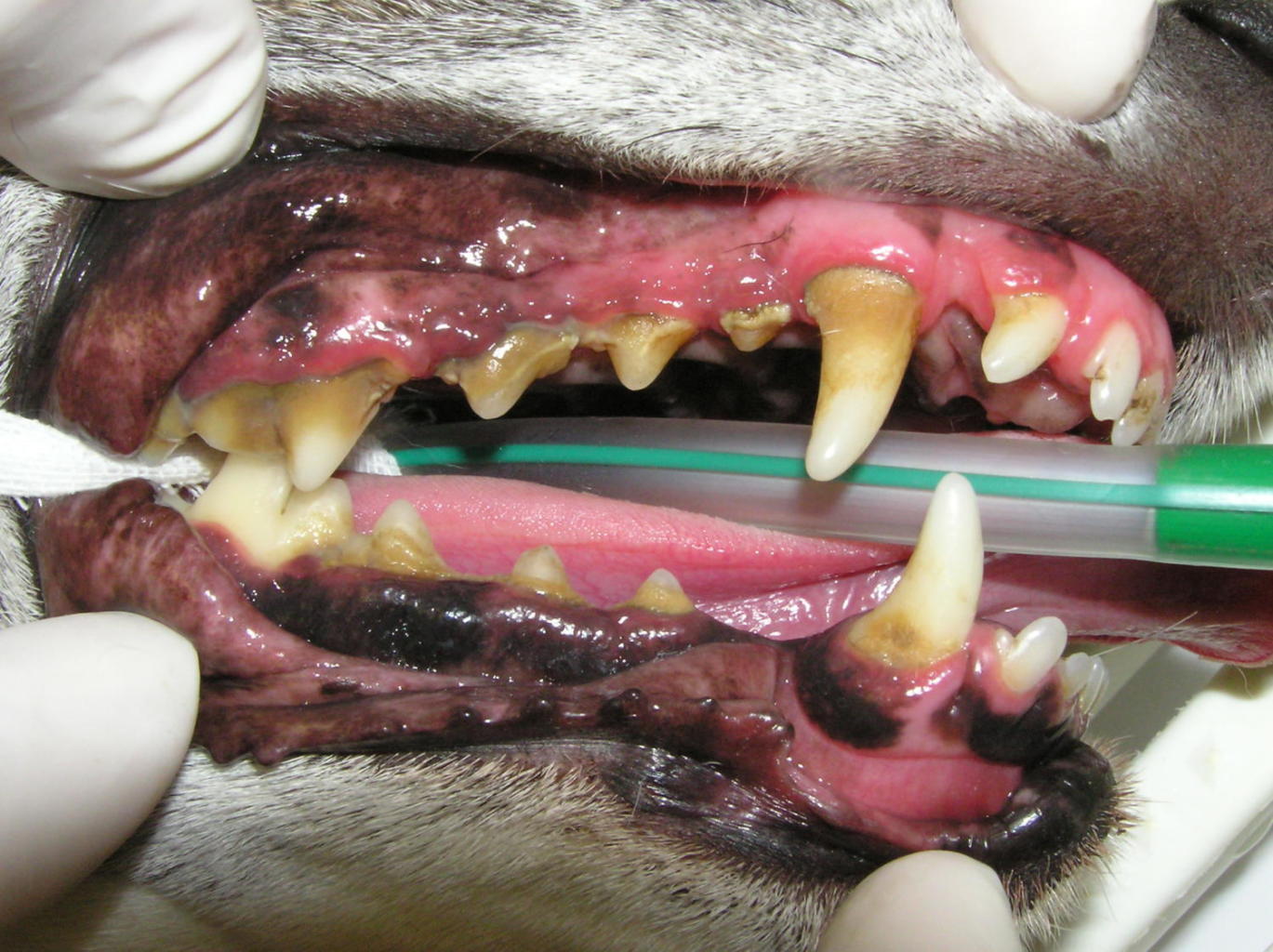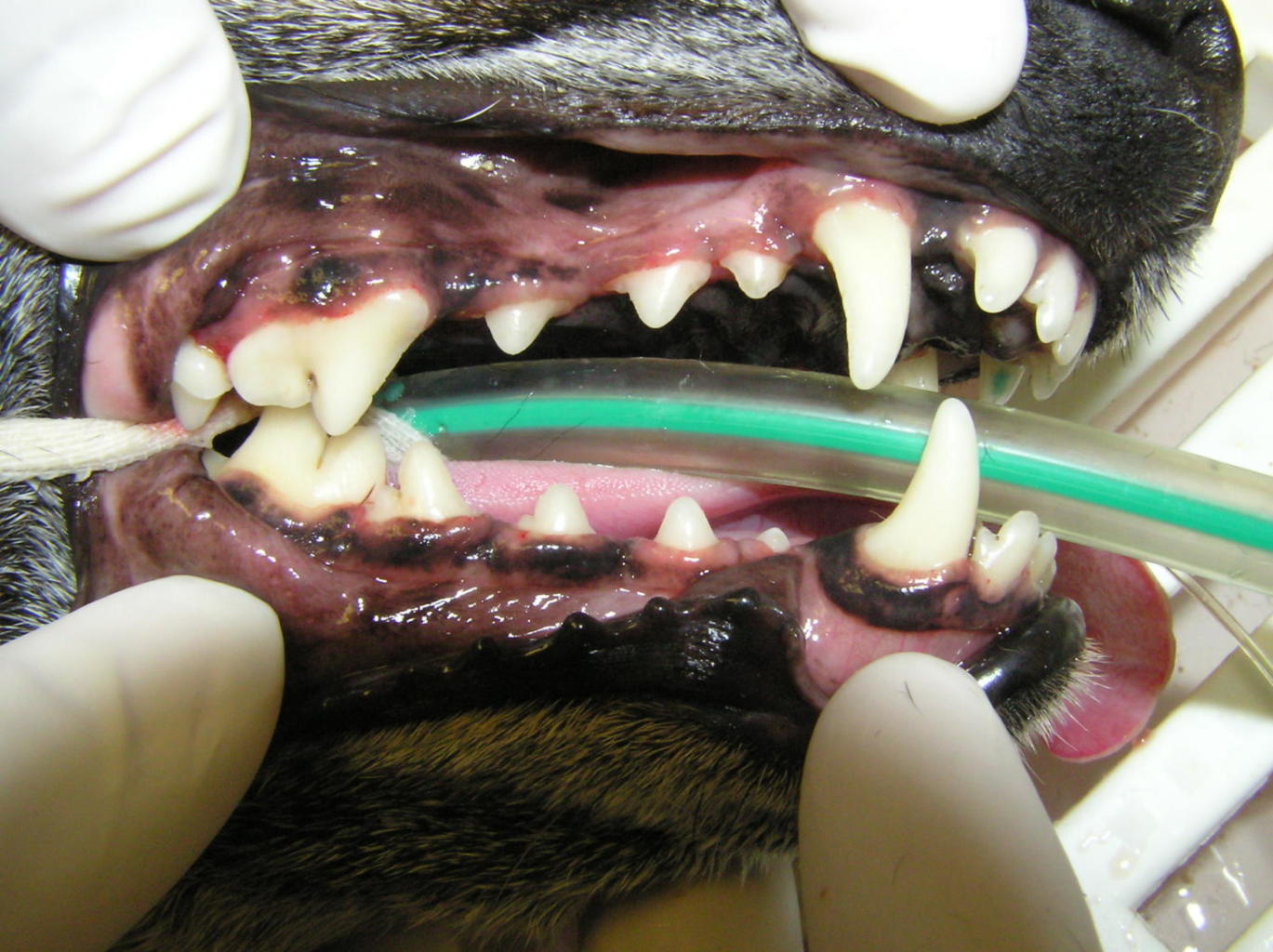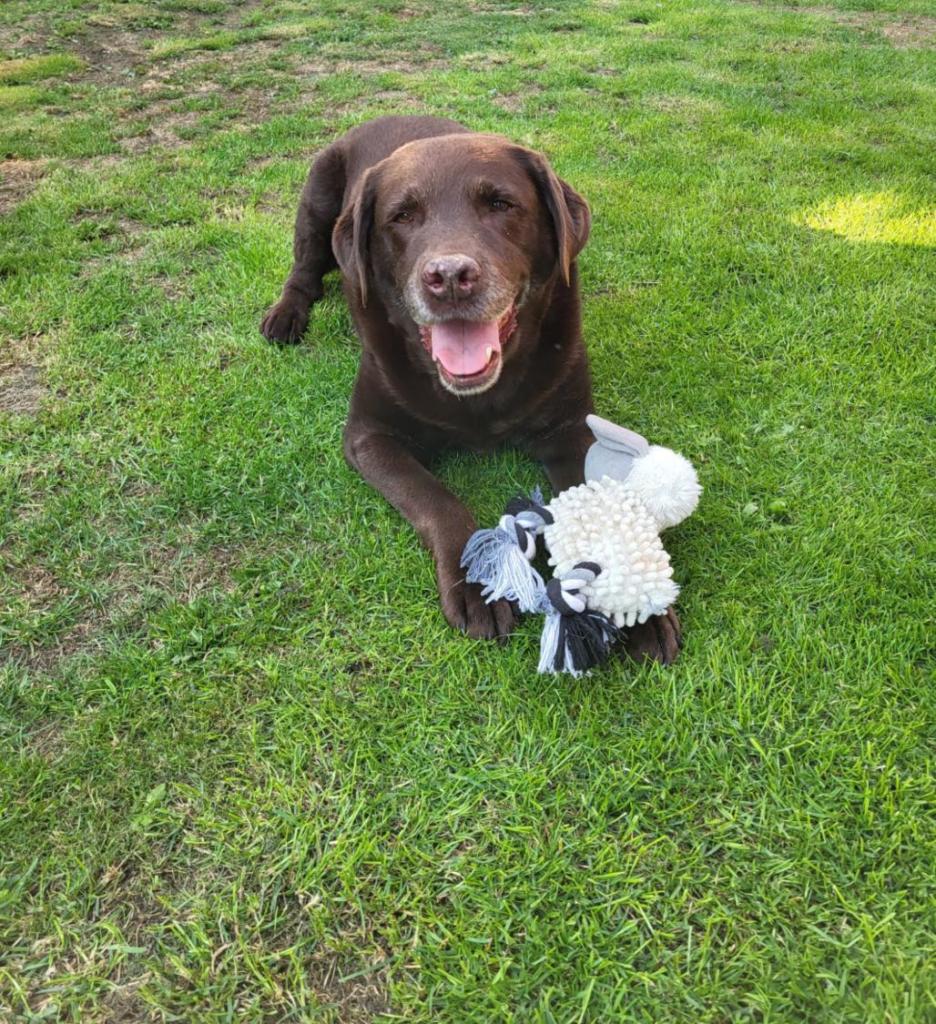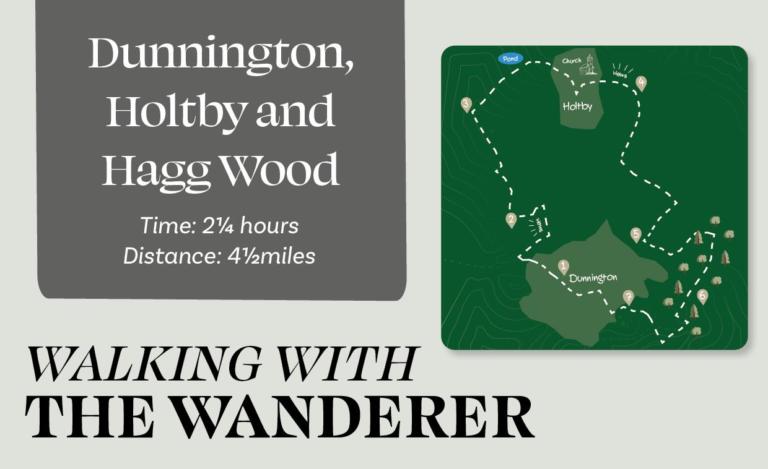By Dr Laura Pearce
Is your pet’s breath making you back away rather than lean in for a cuddle? Bad breath – or halitosis – is one of the most common early signs of dental disease in cats and dogs. In fact, around 85% of pets over the age of three show some degree of dental disease, most of which goes unnoticed by owners until it becomes more serious.
Dental issues such as tartar build-up, gum disease, and broken or decaying teeth are regularly identified during routine health checks. If left untreated, these problems can lead to pain, tooth loss and, in some cases, infections that spread to other areas of the body.
Spotting and Treating Dental Disease

In addition to bad breath, other signs to look out for include drooling, pawing at the mouth, reluctance to eat hard food, or behavioural changes due to discomfort. Cats may hide their pain, so subtle signs like reduced grooming or avoiding dry kibble could indicate dental problems. If you notice any of these, book an appointment with your vet. Early intervention can prevent more serious complications.
Once dental disease takes hold, a professional dental procedure may be required. This involves scaling and polishing the teeth – just like in human dentistry – but under general anaesthesia to ensure your pet’s safety and comfort. The vet carefully assesses each tooth; dental x-rays may be taken, and then any unhealthy teeth are removed.
Prevention Starts at Home

Once the teeth have been cleaned, keeping them that way is key. There are a number of preventative measures that can help to avoid further tartar build-up. Brushing your pet’s teeth daily with a pet-safe toothpaste is the gold standard. Use a soft-bristled toothbrush or finger brush designed for pets, and introduce brushing gradually to make it a positive experience.
Other helpful tools include dental diets, specialist chews, toys that reduce plaque, and water additives. These can support brushing – but don’t replace it. Avoid hard chews like bones or antlers, which can fracture teeth, especially in older pets.
A consistent home care routine is one of the best ways to protect your pet’s health – and their smile!
For more information or to book a dental check, call Bishopton Vets on 01347 821377.












Add a comment